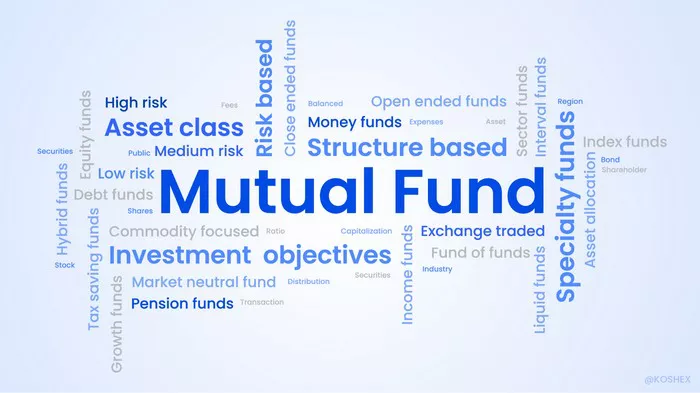When considering investment options, investors often find themselves at a crossroads between Exchange-Traded Funds (ETFs) and mutual funds. Each of these vehicles offers distinct advantages and disadvantages, making the decision a crucial one in achieving financial goals. Understanding the nuances between ETFs and mutual funds is imperative for investors seeking to optimize their investment strategy.
Definition and Characteristics:
ETFs and mutual funds represent pooled investments that allow individuals to access a diversified portfolio of assets without directly owning the underlying securities. However, they differ in their structure and trading mechanisms. ETFs trade on stock exchanges throughout the trading day, akin to individual stocks, while mutual funds are bought and sold directly through the fund company at the close of the trading day. Additionally, ETFs often have lower expense ratios and tax implications compared to mutual funds.
Costs and Fees:
Expense ratios, trading commissions, and sales loads are essential factors to consider when evaluating the costs associated with ETFs and mutual funds. ETFs typically have lower expense ratios compared to mutual funds, and they may incur trading commissions, whereas mutual funds may charge sales loads. Over time, lower fees can significantly impact long-term returns, making ETFs an attractive option for cost-conscious investors.
Diversification:
Both ETFs and mutual funds offer diversification benefits by pooling investors’ money to invest across a range of assets. However, they may employ different diversification strategies. ETFs often track specific indexes or sectors, providing broad diversification, while mutual funds may be actively managed, potentially offering more targeted exposure to certain market segments.
Liquidity:
ETFs provide intraday liquidity, allowing investors to buy and sell shares throughout the trading day at market prices. In contrast, mutual funds are traded only once per day after the market closes, with transactions based on the fund’s net asset value (NAV). The liquidity offered by ETFs can be advantageous for investors seeking flexibility in their trading strategies.
Tax Efficiency:
ETFs generally exhibit greater tax efficiency compared to mutual funds due to their unique structure. ETFs typically experience fewer capital gains distributions because of in-kind creation and redemption processes, whereas mutual funds may incur capital gains taxes from portfolio turnover. Tax-conscious investors may prefer ETFs for their potential tax advantages.
Transparency:
ETFs typically offer greater transparency than mutual funds. ETFs disclose their holdings daily, allowing investors to monitor portfolio composition in real-time. In contrast, mutual funds typically disclose holdings quarterly, providing less frequent updates on portfolio composition. The transparency of ETFs can be advantageous for investors seeking greater visibility into their investments.
Investment Options:
Both ETFs and mutual funds offer a wide range of investment options, including index funds, actively managed funds, and thematic funds. Each investment option has its own set of advantages and disadvantages. Index funds, for example, offer low fees and broad market exposure, while actively managed funds may seek to outperform the market through active management. Investors should carefully evaluate their investment objectives and preferences when selecting among these options.
Performance:
When evaluating performance, investors should consider historical returns within similar asset classes. While past performance is not indicative of future results, it can provide valuable insights into the fund’s track record. However, performance should be assessed alongside other factors such as fees, risk, and investment objectives to make a well-informed decision.
Risk Factors:
Both ETFs and mutual funds carry inherent risks, including market risk, liquidity risk, and specific risks related to the underlying assets. Risk tolerance plays a crucial role in determining the appropriate investment vehicle for individual investors. Conservative investors may prefer the stability of mutual funds, while more aggressive investors may opt for the flexibility of ETFs.
Conclusion:
Choosing between ETFs and mutual funds requires careful consideration of various factors, including costs, diversification, liquidity, tax efficiency, and risk. Investors should assess their individual circumstances, risk tolerance, and investment goals to determine the most suitable option. Consulting with a financial advisor and conducting thorough research can help investors make informed decisions that align with their long-term objectives.


